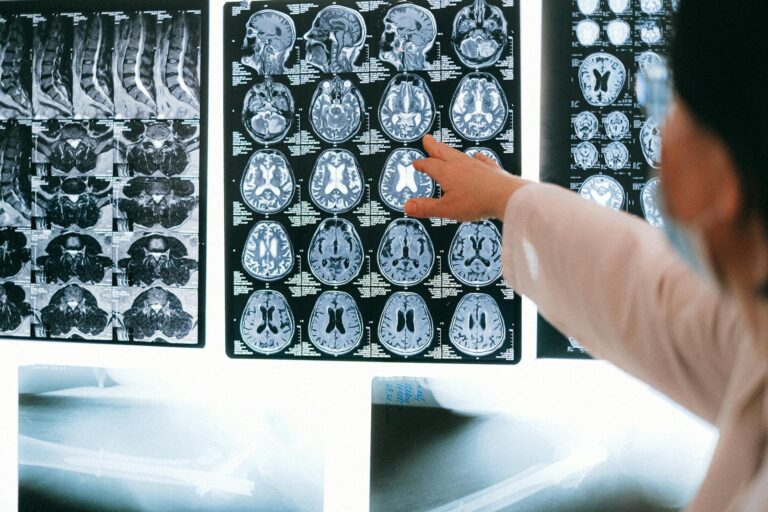**The Unspoken Journey of Transformation: How Dementia Opens New Doors to Love and Understanding**
Dementia is often associated with memory loss, but it is so much more than that. It is a journey that transforms not just the person with dementia, but also their loved ones. This transformation can open new doors to love and understanding, even in the face of significant challenges.
### The Hallmarks of Dementia
For many, memory loss is the first sign of dementia. However, as the disease progresses, it can alter how people communicate, change their personality, and lead to agitation or erratic behavior. These changes are not because of the person themselves, but because of an unmet need or emotion they are trying to communicate.
### Everyday Life Changes
Imagine walking around the house partially or completely unclothed. The person might know how to dress themselves, but they can’t remember where their clothes are. Or, they might feel too warm or their clothes are itchy and uncomfortable. These small changes can be frustrating for both the person with dementia and their caregivers.
Other reactions include throwing objects, yelling, and making threats. These behaviors are often a result of physical pain or feelings of overwhelm. For example, someone might throw the milk carton across the kitchen because they don’t want milk but can’t verbalize their feelings.
### Understanding and Validation
Understanding how to address these changes in behavior takes time. Clear, calm communication is key to relieving stress for the person with dementia. It’s essential not to take their behavior personally; dementia is the cause, not the person.
When interacting with someone with dementia, it’s crucial to validate their concerns. For instance, if someone who hasn’t worked in years is fixated on going into the office, don’t say, “You don’t work there anymore.” Instead, focus on what they might be feeling. They might just want to feel productive.
Offering distractions like feeding the dog or organizing family pictures can give them a sense of accomplishment they crave. This approach helps them feel more in control and reduces frustration.
### Supporting Each Other
Dementia is a challenging journey for everyone involved. Caregivers often feel overwhelmed, tired, guilty, and even angry. It’s normal to feel this way, but it’s also important to remember that flexibility and validation can make a significant difference.
When possible, redirect the person to activities they enjoy, such as listening to music or going for a walk. By responding with patience, validation, and empathy, you can create a calmer, more supportive environment for your loved one.
### Family Dynamics
Having a family member diagnosed with dementia can change the dynamics within the home. Each family member may adapt to new responsibilities and emotional demands, which can strain family relationships over time. However, extended families living together can distribute caregiving responsibilities more evenly, providing a built-in support system.
Effective communication and coordination are essential to ensure smooth caregiving practices and avoid conflicts or misunderstandings. Educating yourself about what to expect at different stages of the disease and involving the person in conversation can also help.
### Emotional Impact
Dementia can have a profound emotional impact on both the person with the condition and their caregivers. People with dementia may experience rapid mood changes, irritability, and a lack of control over their feelings. These changes are partly caused by damage to the brain, which affects their ability to think clearly and remember facts.
Carers should try to understand the underlying needs that might be causing these emotional responses. Meeting these needs can help reduce stress and improve the overall well-being of both the person with dementia and their caregivers.
### Conclusion
The journey of transformation with dementia is complex and multifaceted. While it brings significant challenges, it also offers opportunities for deeper love and understanding. By focusing on validation, empathy, and support, we can create a more compassionate environment for those affected by this condition.
Remember, it’s not about being right or wrong; it’s about understanding and meeting the





